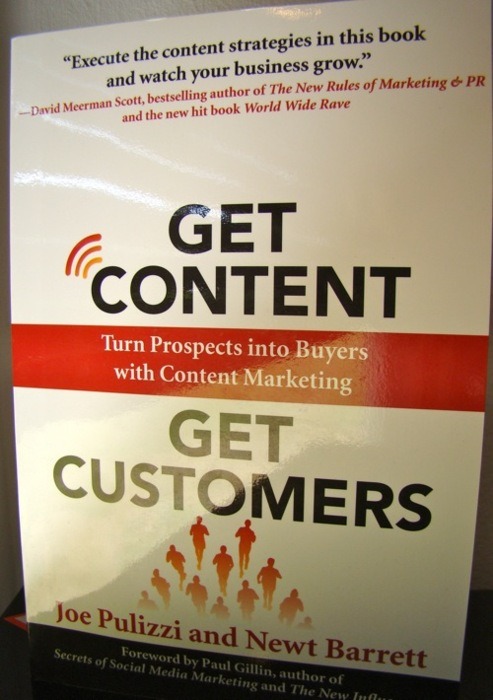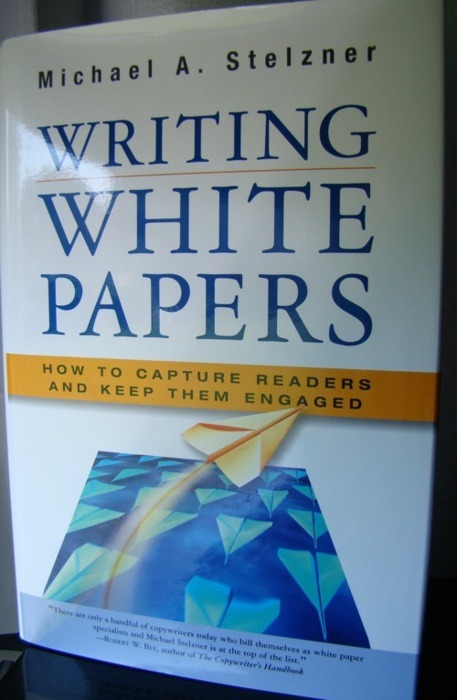July
Content Marketing: an other view
- UX is important
- Make it easier for your visitors / customers to solve their problems
- Let users create content
- Sponsor events
- Think about adjacent fields
100 Lessons Learned from 10 Years of SEO
- Don’t link-build too fast
- Meta descriptions help your CTR
- Work on a good product
- Stay creative and don’t obsess with algorithmic details
- Big brands are slow – you can beat them
- Keyword research is the basis of all your activites(!)
- Learn about internet marketing / CRO(!!)
- You need to work together with other teams
- Don’t try to screw your competition over – try to learn from them
- Don’t build links, build customers – your ingenious tactics will probably be destroyed by google anyway
- Talk about your what you’ve learned
- Have a strategy
- Profit should be your top goal
Importance of Determining SERP Competition
- How many organic links are on the site? What are the other elements?
- Check for synonyms, singular/plural, etc.
- Use Google Ads, Insights to find attractive keywords
- Look for verticals
August
- Identify your 5 – 10 core set of keywords
- Use Google’s Contextual Targeting tool (adwords) to find ideas and group them in 3 different buckets based on volume
- Start with the lowest bucket and work up
- Higher domain authority, harder competition
- Start scraping the SERP: URL, Domain Authority, Page Authority, #indexed links, #linking root domains
- What types are the backlinks? Import backlinks into Link Detective
- Broken Links? Do some broken link building
- Lots of low level backlinks? Easier competition
- Link Diversity (#Links / #Root domains) low or high?
- Check root domains for same IP / C-Blocks
- How can your service help universities / students? Create a unique landing page and get links
- Local charity events
- College logos on your product
- Offer useful tools for businesses which help them for free
- Organize a (local) event
- Egobait & Infographics
- Sponsor your product for an event


